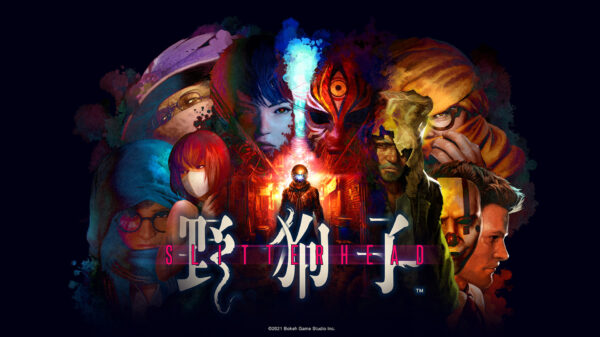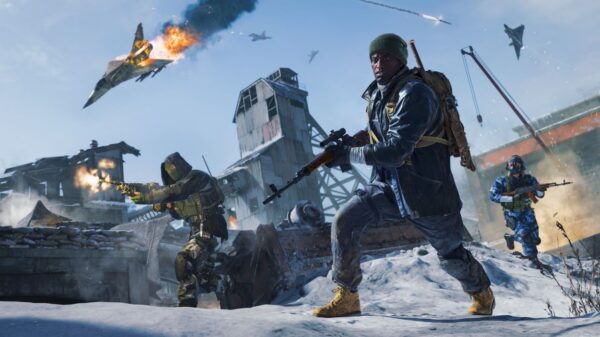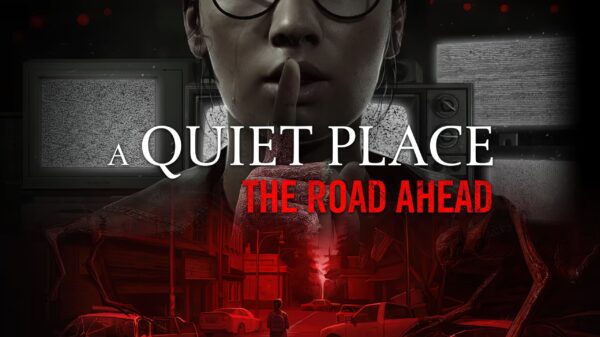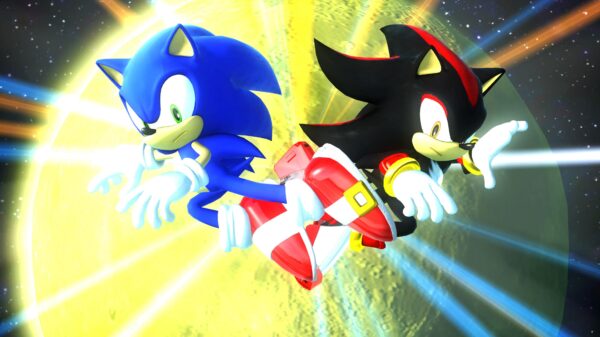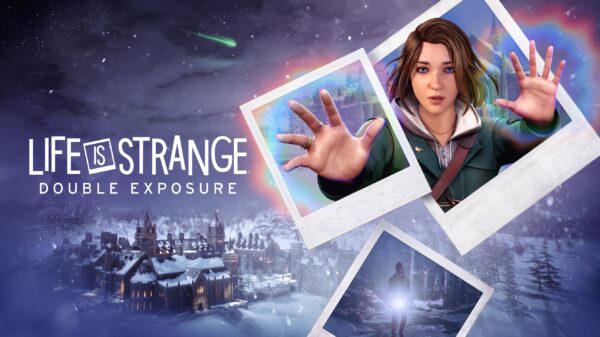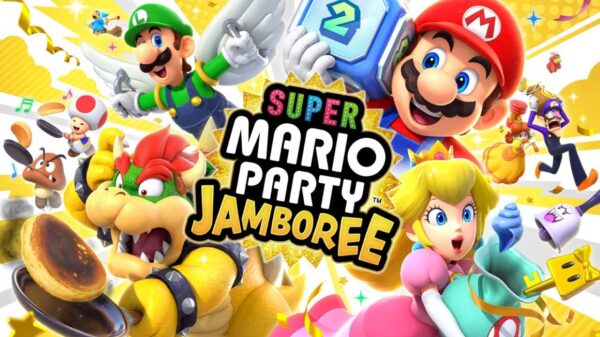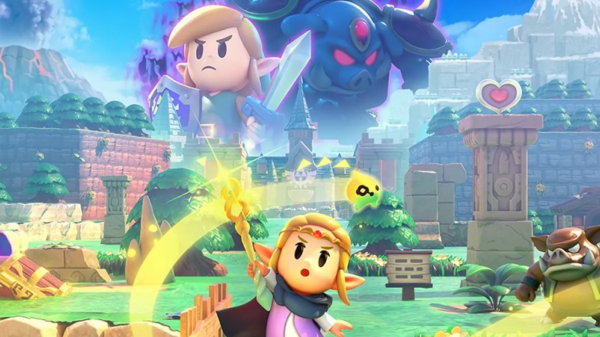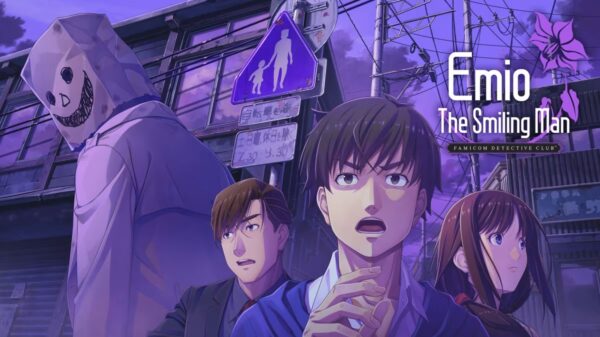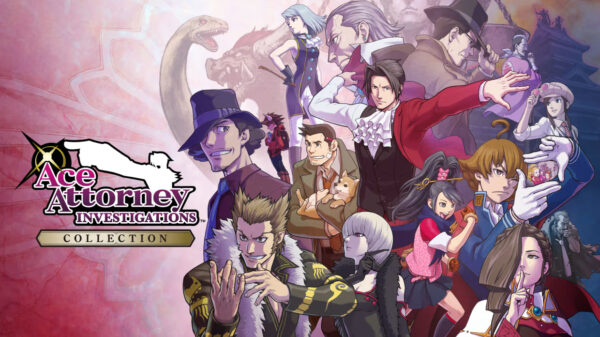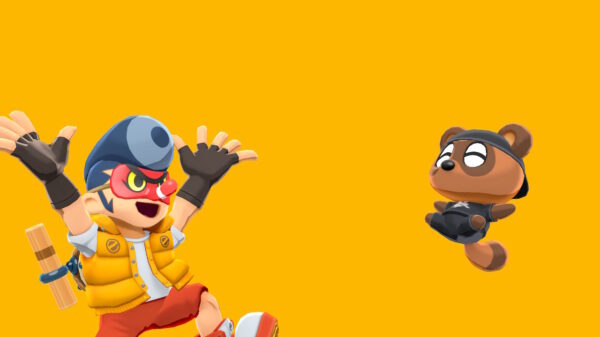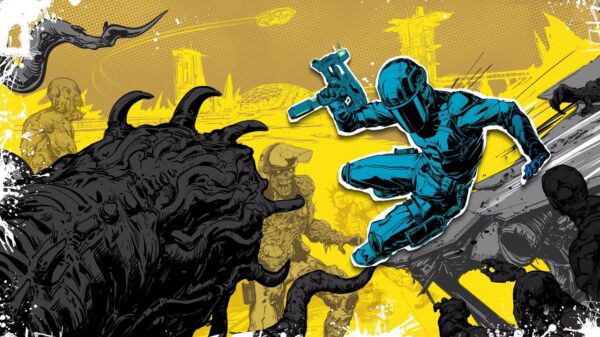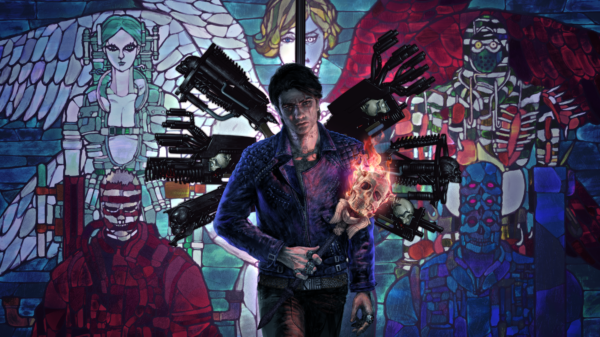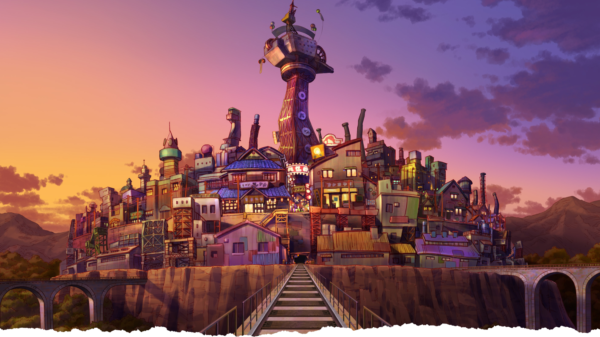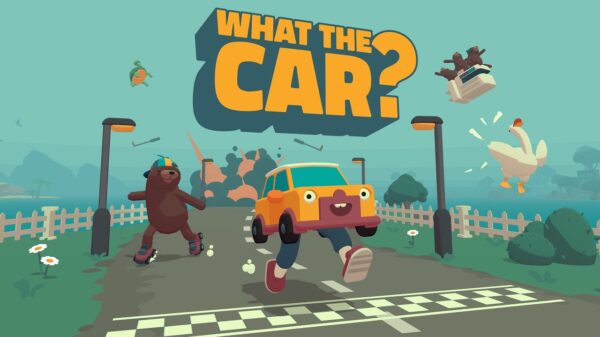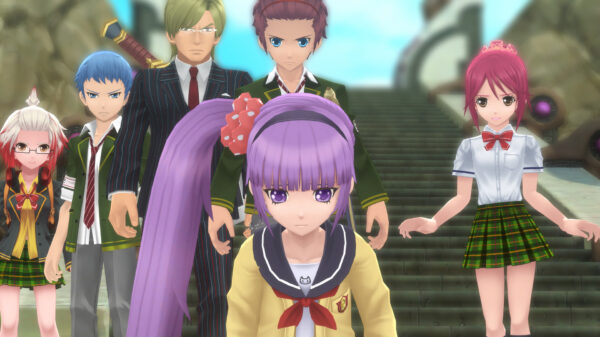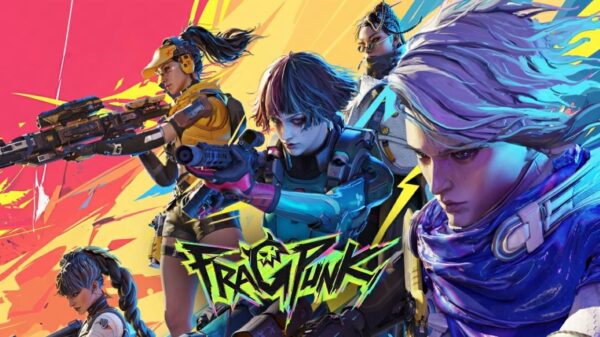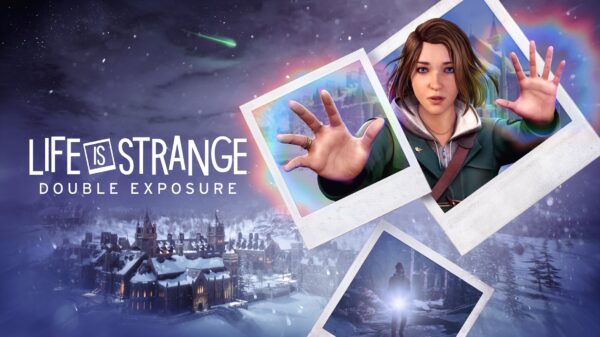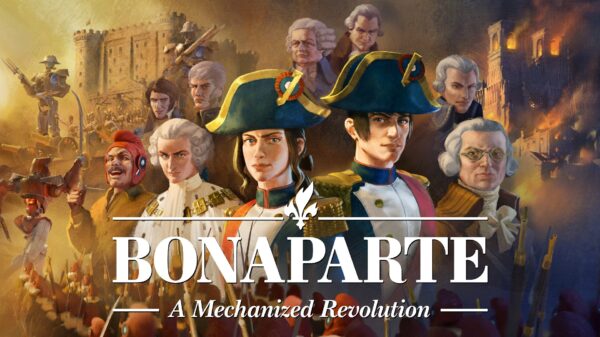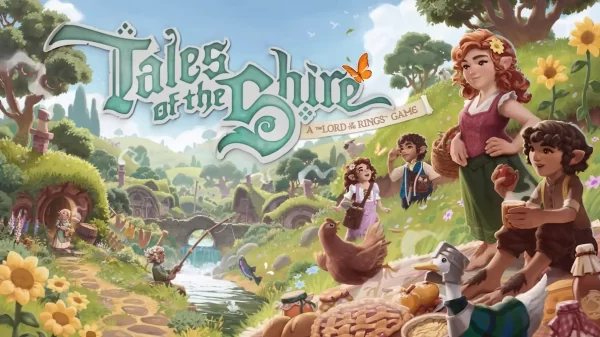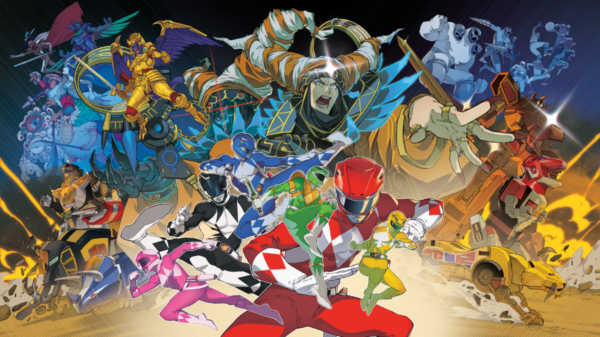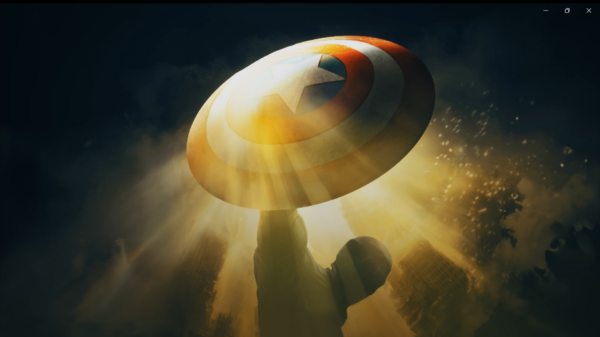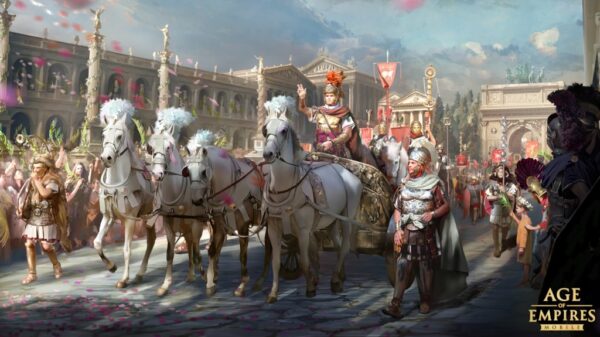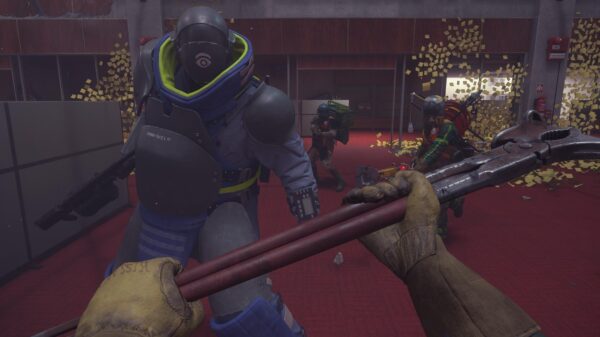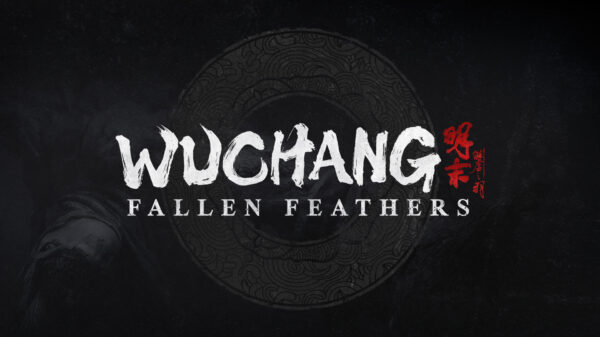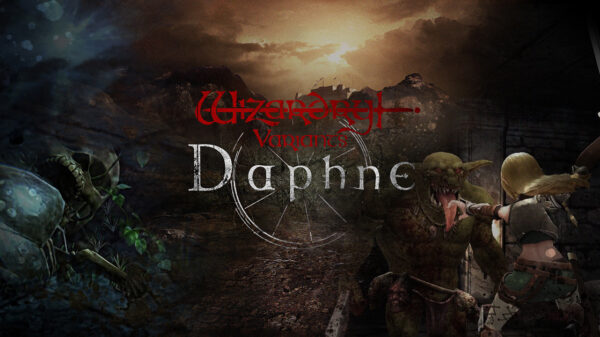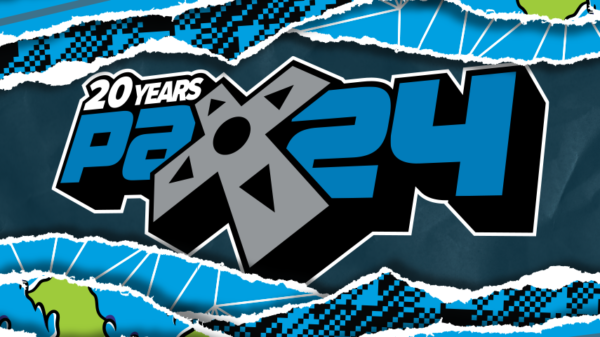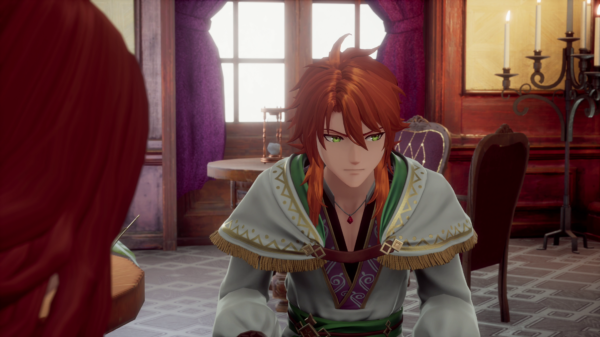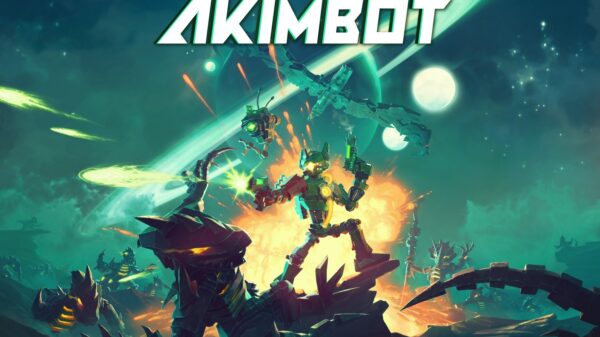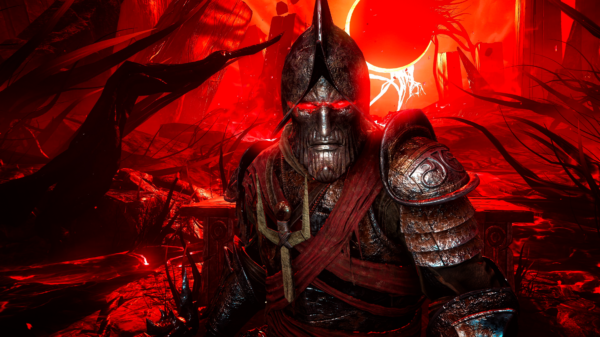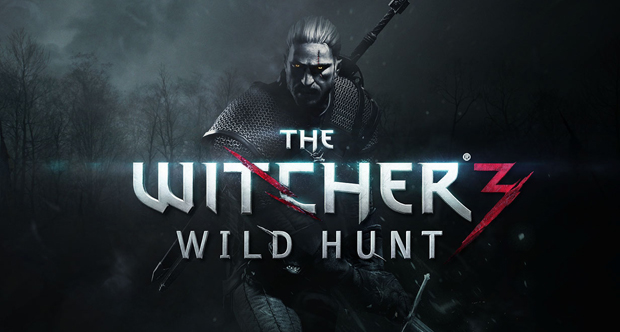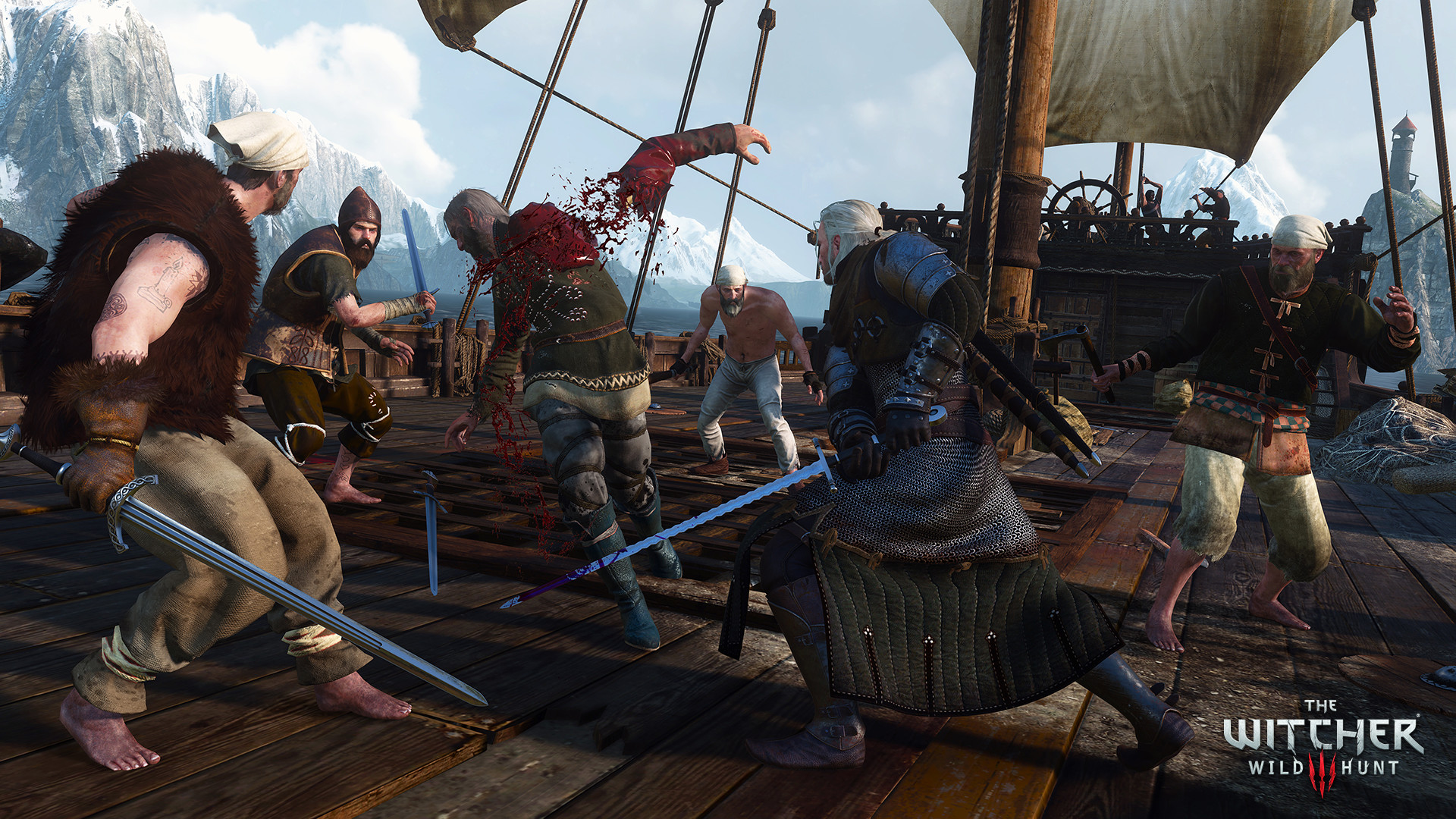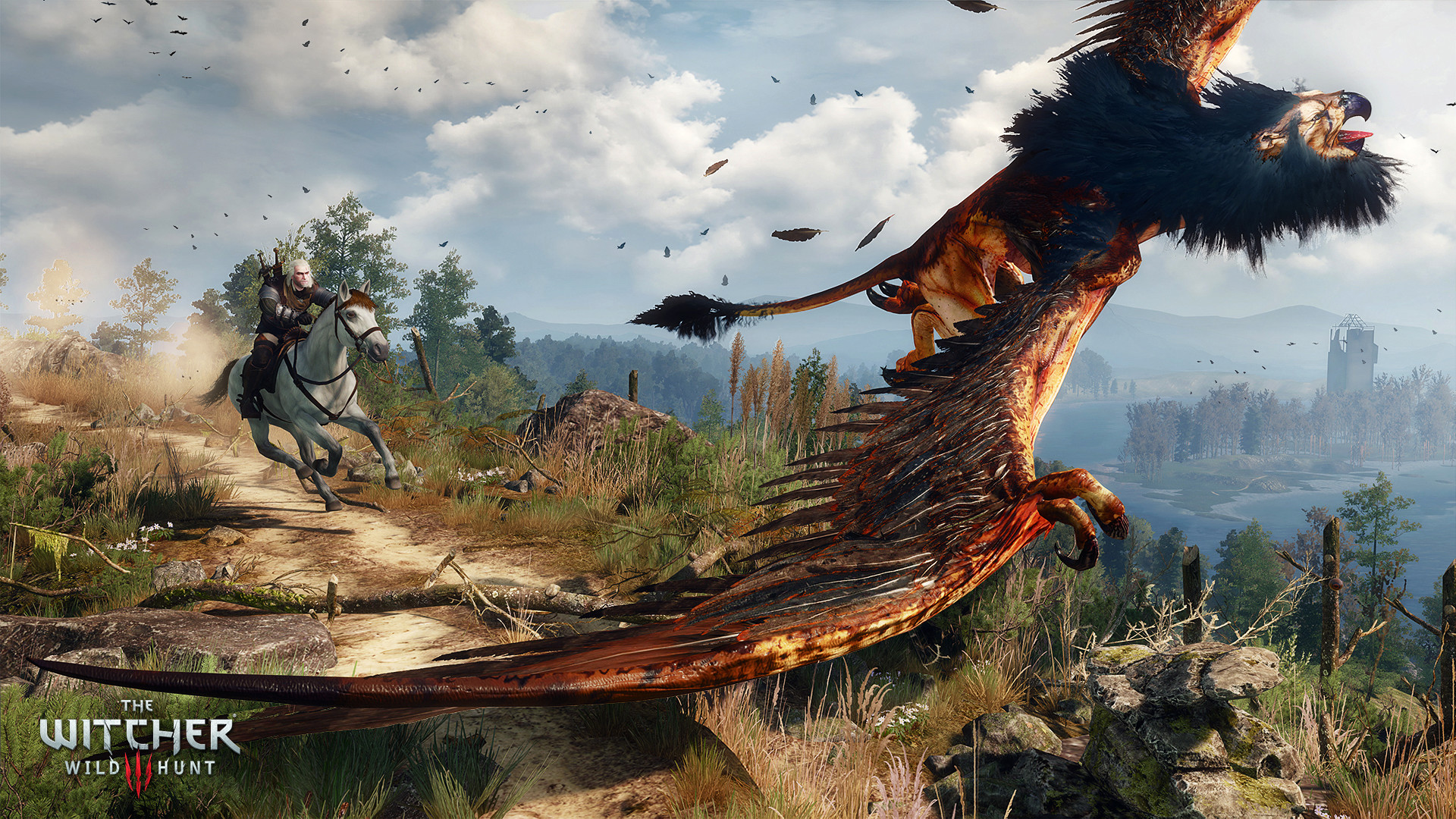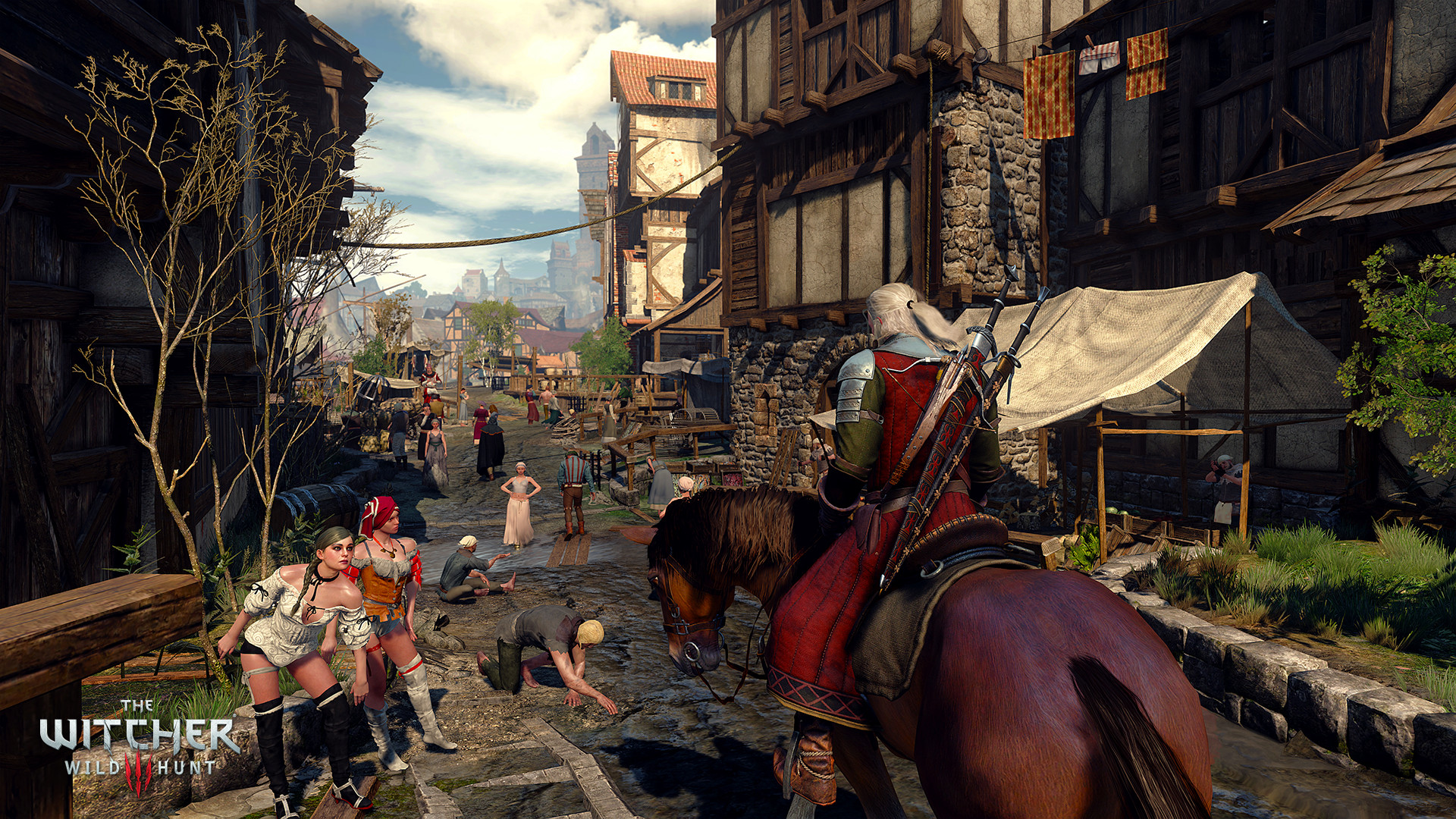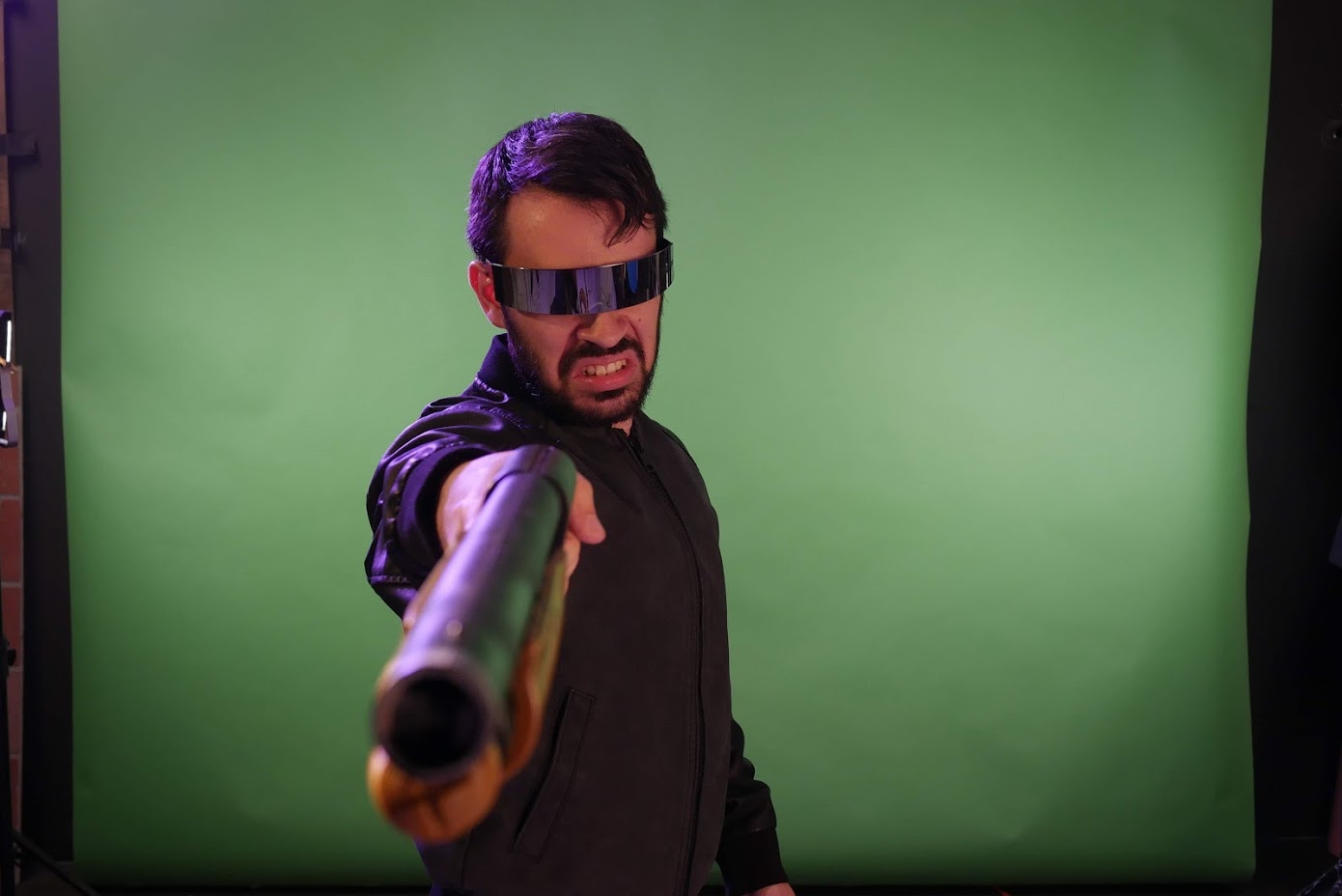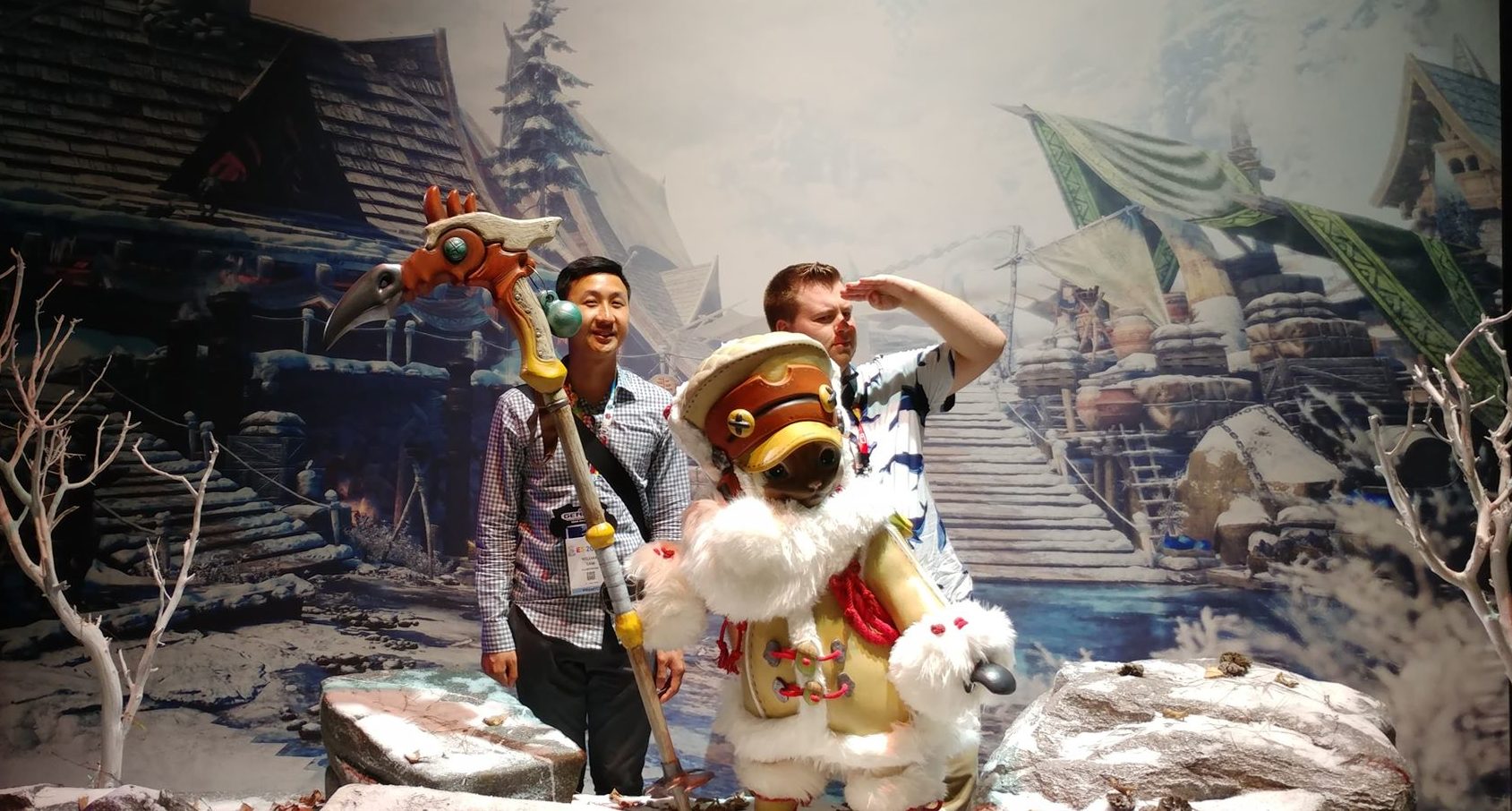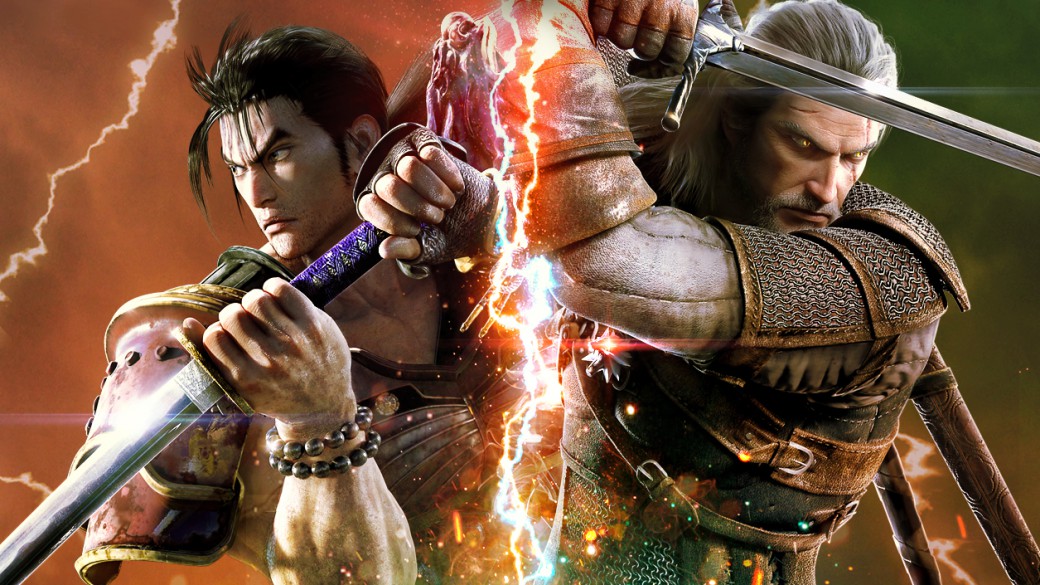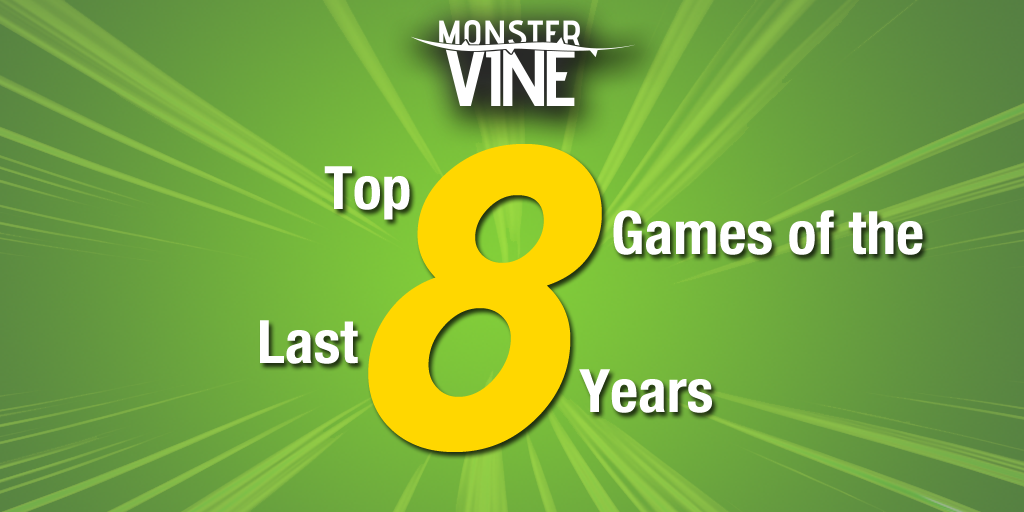The Witcher 3: Wild Hunt
Developer: CD Projekt RED
Price: $60
Platform: PC, PS4, and Xbox One
MonsterVine was supplied with a PS4 copy of the game
It’s been four years since the release of CD Projekt RED’s fantastic game The Witcher 2 and the conclusion to their series is finally here. I’ve always been impressed with what they’ve managed to accomplish with each game and the third game doesn’t disappoint. This is easily one of those games everyone’s going to be talking about for the rest of the year for a reason; the game is just that good.
Anyone whose first experience with this series is the second game might find the opening of Witcher 3 a bit of a jarring experience with how casually it opens up. Whereas Witcher 2 instantly threw you into a war with a slick political thriller plot, the Witcher 3 instead slowly introduces you to this world and lets you soak in it. The game follows a similar pace as the first game in that there’s a major conflict going on around you, but it doesn’t take precedence until much later into the game. My favorite way to describe this is that the Witcher 2 played like a hectic episode of Game of Thrones while Witcher 3 feels more like you’re watching The Lord of the Rings. While I absolutely loved the second game, its pace could leave you a bit exhausted at times with how quickly things pushed forward and I love how CDPR went back to the more casual pace of the first game. You’re put in this world and given the time and space to breathe it all in.
Now big probably isn’t the best way to describe Witcher 3’s world. I wouldn’t even call it massive; dense is more like it. The game’s world is huge, don’t get me wrong, but a huge map is useless if it’s mostly empty. There are lots of games out there with these huge maps that are either empty or filled with the same dull fetch quests over and over. In The Witcher 3 you’ve got this big map filled with so much stuff to do that actually matters. Every side-quest has a purpose and little mini-story to go through and since witchers are in the monster hunting business these quests never feel out of place. To better explain this, whenever I played Batman: Arkham City or Skyrim it always felt weird going off to do side-quests since I’d be constantly reminded “Oh yea, I have to go save the world right now or something”, while it feels natural for Geralt to visit a town and help rid them of a monster or explore a haunted lighthouse. Since the majority of the game is spent searching for Ciri the plot moves at a comfortable pace and you can just chalk up any side-quest as Geralt simply searching for clues for Ciri’s whereabouts. It’s a refreshing change of pace from most open world games that contain side objectives to do but keep nagging you about having to go stop the world ending villain.
There’s a lot of stuff to do in this game from playing an interesting card game called gwent, to brawls, horse racing, treasure hunting, and more. Obviously the standout attractions are the monster contracts you can accept to help rid a small village of a local nuisance. After accepting one of various contracts you’ll be given some details of the monster and then sent off to collect information on what type of creature you’re dealing with and where it lives. Once you’ve got all the details you’ll head off to find the monster and lop off its head. There are also monster infested areas you can clear which will allow NPCs to repopulate the area and open up new quests for you.
The absolute best part of this game is how even minor interactions can affect things later in the game. Going to a location before you’ve been given a quest to go there will have Geralt remark on his observations instead of acting oblivious to the fact that he’s been there before (like what happens in many RPGs), or small minor characters might return in big ways that you had no idea could happen. The game is full of consequences for every decision and they’re always the most grey goddamn choices I’ve ever seen in an RPG. There’s no good or bad way to handle most of the situations here and the game doesn’t bother to let you know the importance of a choice until the consequence of that decision slaps you in the face later in the game.
Combat in this game is quick and brutal. It’s similar to the Batman and Assassin’s Creed games but without the counter icon and forces you to be on your toes since you can’t just counter your way to victory. There’s a wonderful back-and-forth with the combat once it clicks with you as you’ll soon be weaving around enemy blows, countering attacks, spitting fire at them, and then cleaving them in two. It’s super satisfying and there’s nothing quite like fighting off some drowners and seeing their heads fly.
Swords aren’t your only means of combating enemies either; you’ve got a handful of magical signs you can perform and bombs to toss in their faces as well. The game subtly reminds you many times that Geralt’s a witcher and part of being a witcher is crafting potions, oils, and bombs that help him kill monsters. This is advice you should definitely take because when you’re fighting off a fiend you don’t really want your only options being a piece of bread and some water. Planning what items you need to bring to help you take down a monster is part of the fun and it also helps that the bestiary is quite well written.
What’s perhaps the most interesting change to the combat is how your skills work. Before you had various skill trees you could invest in and while they’re still here, how they function is a bit different. This time around you have twelve slots that you can then insert the skills you’ve unlocked into and four mutagen slots that will buff the effects of those skills. You’re basically forced to study each skill tree and plan how you want to distribute your points. If you want to just dump all your points in sword combat you can still do that, but you’ll still have to pick what sort of build you want for your Geralt. It’s an interesting change that I wasn’t too keen on when I started, but the more I tinkered with it the more it grew on me.
Putting such an impressive game on consoles shows how talented the people at CD Projekt RED are. The game is absolutely gorgeous and runs at a solid framerate on consoles, but the hardware is unfortunately not beefy enough to handle the game all the time. Loading times are quite long and the framerate can noticeably drop when traveling the environment. This just occasionally happened though and almost never during combat, even during hectic moments with larger enemies. I played a bit of it on PC and it obviously performs perfectly there assuming you have the right setup.
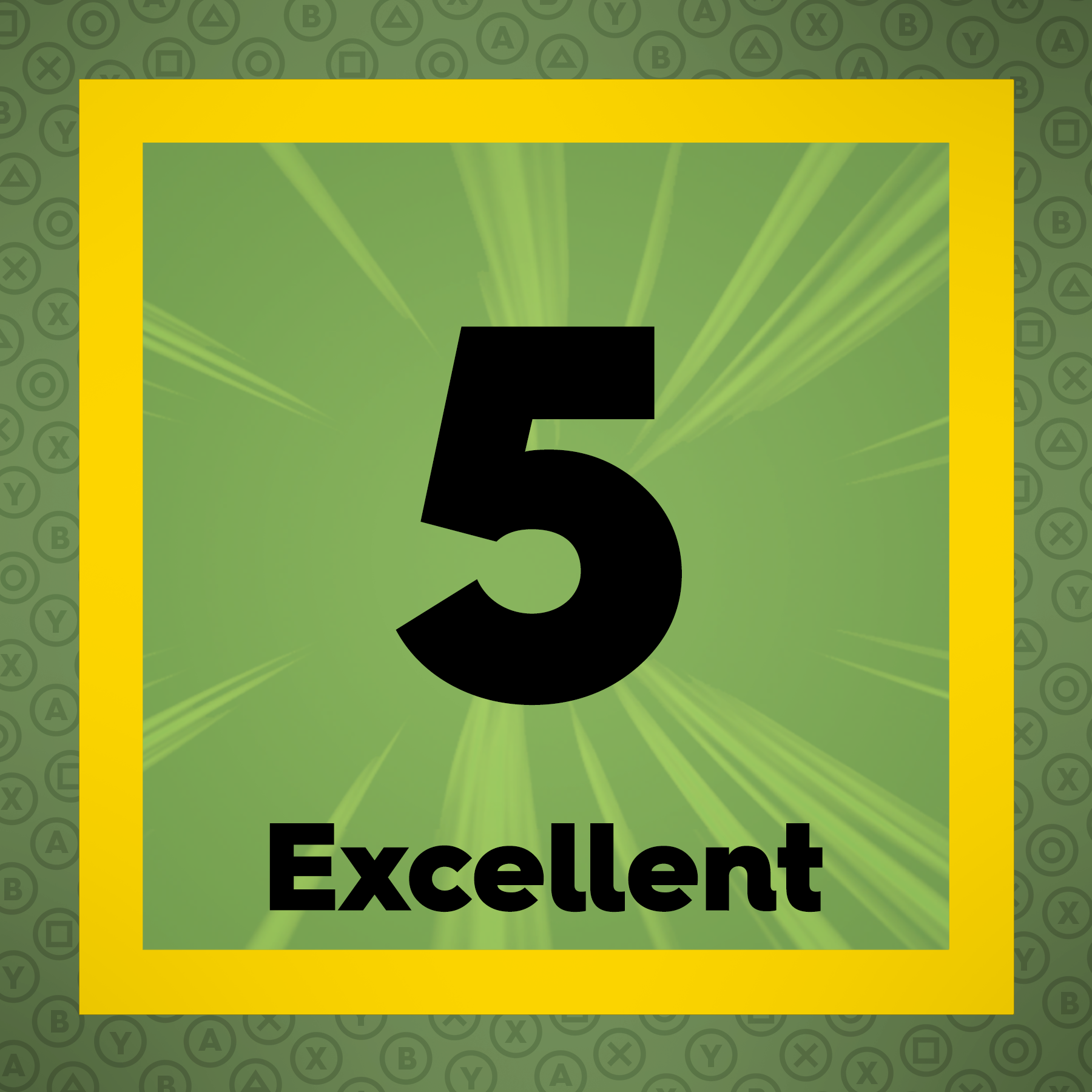 The Final Word
The Final Word
Even though we’ve still got half a year left to go, The Witcher 3 is one of those games that you just instantly know will be one of the best damn games of the year. Despite some minor technical issues on consoles it’s still a phenomenal game and one of the best RPGs in recent years.
– MonsterVine Rating: 5 out of 5 – Excellent

